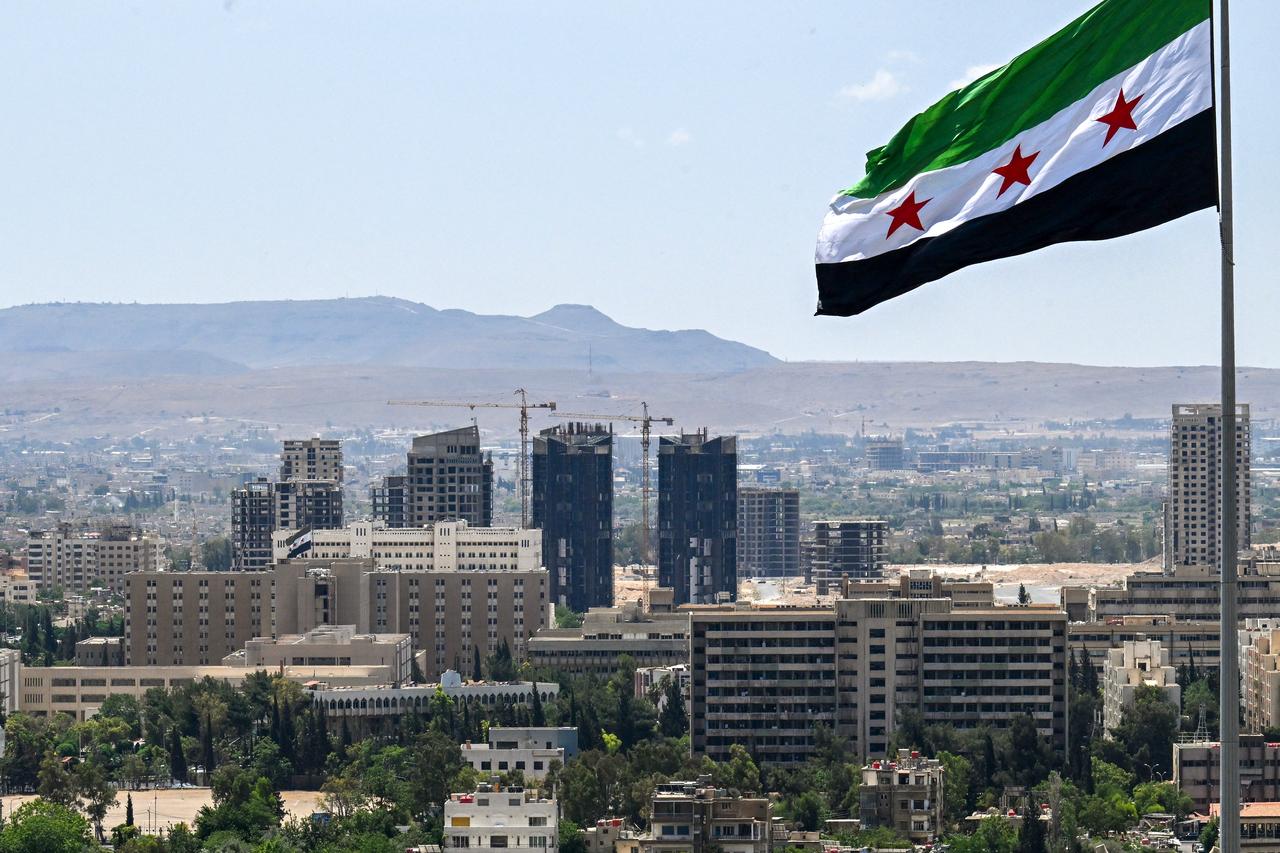Syria is back in the global financial system: what does returning to SWIFT mean?
9 June 22:15
Syria is preparing to join the SWIFT international payment system in the coming weeks, marking a dramatic change in the country’s economic trajectory after more than a decade of conflict and crippling sanctions. The move is widely seen as a fundamental step toward Syria’s reintegration into the global financial system and restoring investor confidence in a country long considered a pariah state, "Komersant Ukrainian" writes, citing the FT.
According to Central Bank Governor Abdulkader Husriyeh, Syrian financial institutions, including the central bank and all operating commercial banks, will soon receive their SWIFT codes. The move is part of a broader economic liberalization initiative launched by the interim government led by President Ahmed al-Sharaa, who came to power earlier this year with a mandate to stabilize and rebuild the country’s shattered economy.
Restoring access to SWIFT is more than symbolic. It provides Syria with the technical means to rejoin the global payment flow, ensuring transparent, efficient and internationally recognized financial transactions. The central bank notes that this will eliminate the country’s dependence on informal money changers, reduce remittance costs, increase transparency of transactions, and strengthen anti-money laundering controls – an important requirement for future cooperation with international financial institutions.
The return to SWIFT comes in parallel with major reforms aimed at restoring financial confidence in Syria. These include currency unification, recapitalization of failed banks, deregulation of key sectors, and the reopening of the Damascus Stock Exchange. In recent weeks, the government has also begun talks with the IMF and the World Bank on technical assistance and potential financing.
The international reaction to Syria’s opening was cautiously optimistic. In early May, the United States issued a series of general licenses and permits for operations in critical sectors, including energy, agriculture, and telecommunications. The European Union followed suit, suspending many of its long-standing sanctions on Syrian banks, transportation, and oil infrastructure. Canada, the United Kingdom, and several Arab countries also began to lift their restrictions and engage diplomatically with Damascus.
The thaw in economic isolation has already begun to bear fruit. Negotiations are underway with companies from the Gulf states, including Saudi Arabia, Qatar, and the UAE, on major infrastructure and energy projects. Turkish firms, meanwhile, are looking at lucrative reconstruction contracts, despite ongoing operational risks.
Nevertheless, challenges remain. Key U.S. sanctions against the Syrian central bank remain formally in place, and international banks remain concerned about “over-compliance.” Syria’s banking sector remains undercapitalized, and its economy continues to suffer from deep structural vulnerabilities, including an unstable currency and widespread unemployment.
Economic analysts warn that the path forward will be bumpy and will depend heavily on continued reforms, transparent governance, and continued international engagement. However, Syria’s return to SWIFT marks a turning point in the country’s post-war recovery, offering hope that the ravaged country will finally begin to rebuild not only its cities but also its position in the global economy.
As the government moves into the next phase of liberalization – possibly including issuing Islamic bonds (sukuk) and attracting sovereign wealth funds – the world is watching closely to see if Syria can turn this momentum into long-term economic stabilization.
Читайте нас у Telegram: головні новини коротко









